
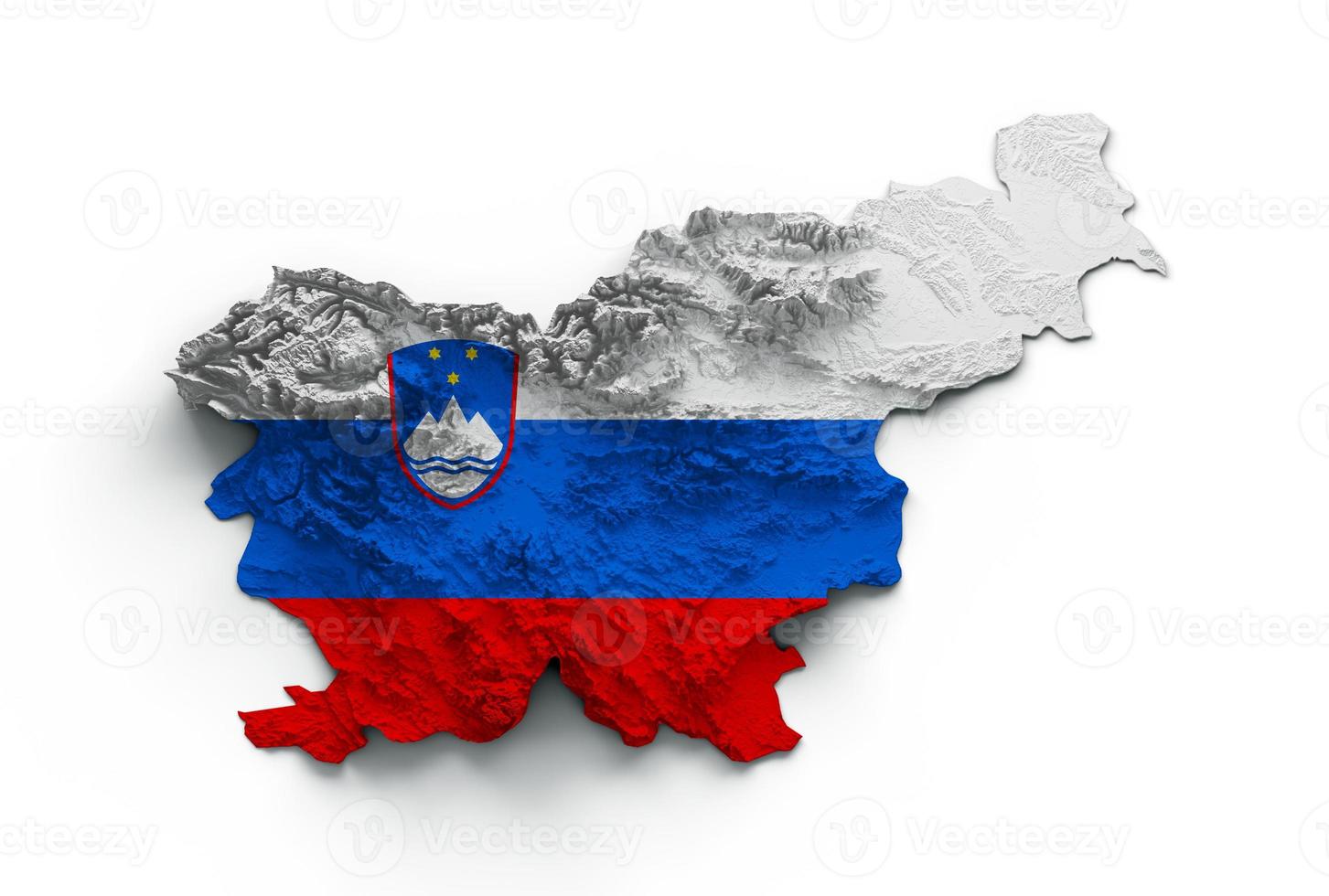
Slovenia, officially known as the Republic of Slovenia, is a picturesque country located in Central Europe. Bordered by Austria to the north, Italy to the west, Hungary to the northeast, and Croatia to the south and southeast, Slovenia covers an area of approximately 20,273 square kilometers. Despite its small size, Slovenia boasts a diverse landscape, rich cultural heritage, and a thriving economy.
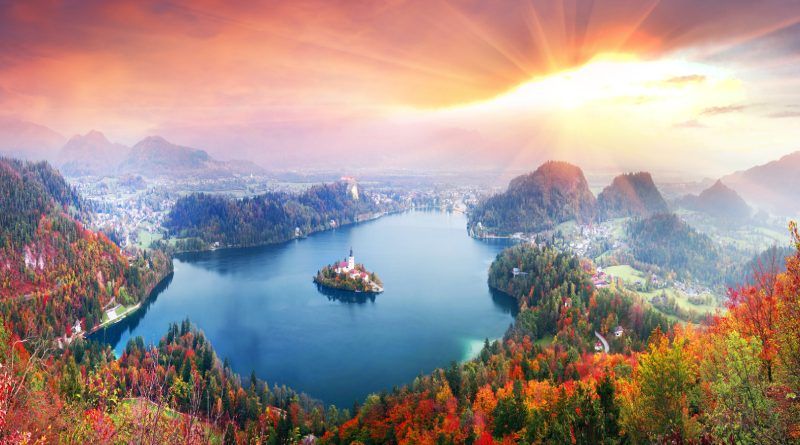
Slovenia is characterized by its diverse geography, encompassing the Julian Alps in the northwest, the Pannonian Plain in the northeast, and the Mediterranean coastline in the southwest. The country is known for its stunning natural beauty, including Lake Bled, Triglav National Park, and the Postojna Cave system. Slovenia experiences a mix of climate zones, ranging from an Alpine climate in the mountains to a Mediterranean climate along the coast.
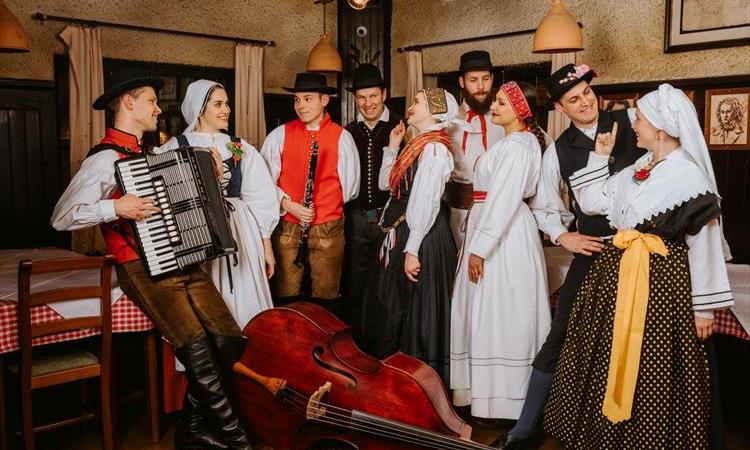
Slovenia has a fascinating history that dates back to prehistoric times. Throughout its history, the region has been influenced by various cultures, including Celtic, Roman, and Slavic civilizations. In the 20th century, Slovenia was a part of the former Yugoslavia before gaining independence in 1991. The country has a rich cultural heritage, with influences from neighboring countries such as Austria, Italy, Hungary, and Croatia. Slovenian culture is celebrated through traditional folk music, dance, cuisine, and festivals.
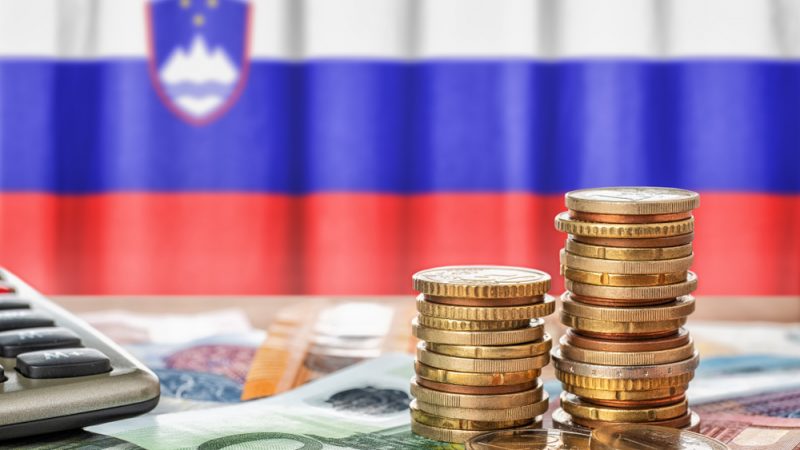
Slovenia has a highly developed and diverse economy. It is classified as a high-income country and is a member of the European Union and the Eurozone. The country has a strong industrial sector, including manufacturing, automotive production, pharmaceuticals, and electronics. Additionally, Slovenia is renowned for its agriculture, particularly in wine production and beekeeping. Tourism also plays a significant role in the Slovenian economy, attracting visitors with its natural beauty, historical sites, and outdoor recreational activities.

Slovenia places a strong emphasis on education and innovation. The country boasts a high literacy rate and has a well-developed education system, offering free education from primary to tertiary levels. Slovenian universities are known for their research and innovation, contributing to advancements in various fields such as technology, biotechnology, and environmental sciences. The country also promotes entrepreneurship and supports start-ups, fostering a culture of innovation and economic growth.

Slovenia is committed to sustainable development and environmental conservation. The country is known for its green initiatives, including the protection of natural resources, promotion of renewable energy sources, and conservation of biodiversity. Slovenia has been recognized for its efforts in sustainable tourism and was the first country in the world to be designated a Green Destination by the Global Sustainable Tourism Council.
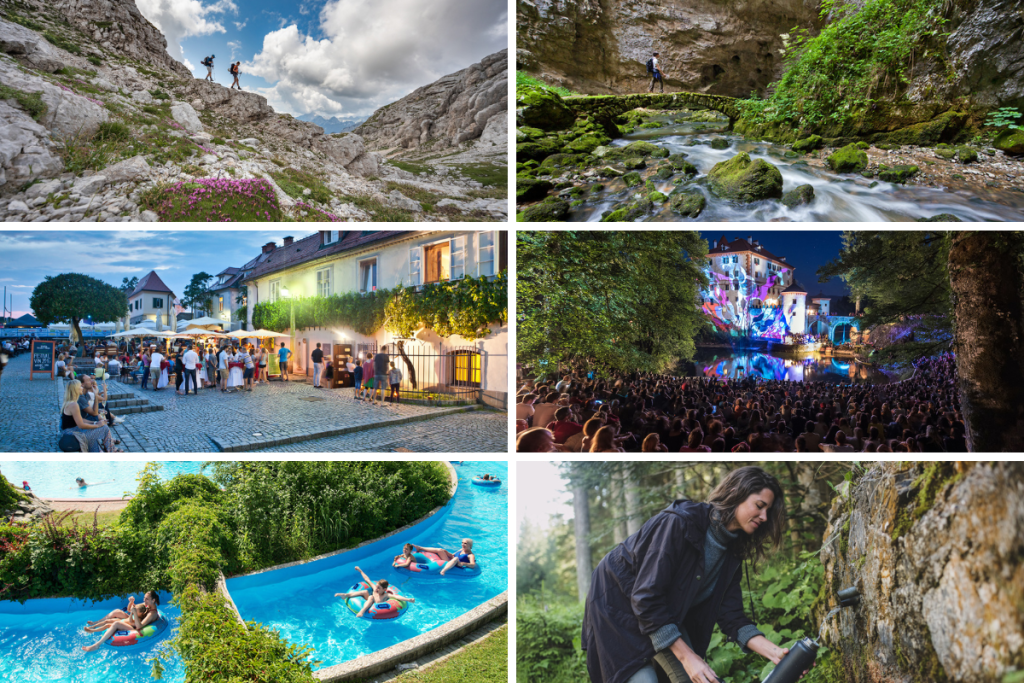
Slovenia’s natural beauty and diverse landscapes make it a popular tourist destination. Visitors are drawn to its stunning lakes, picturesque mountains, charming coastal towns, and well-preserved medieval cities. Outdoor enthusiasts can enjoy activities such as hiking, skiing, cycling, and rafting. The country also offers a wealth of cultural attractions, including historic castles, museums, and art galleries.
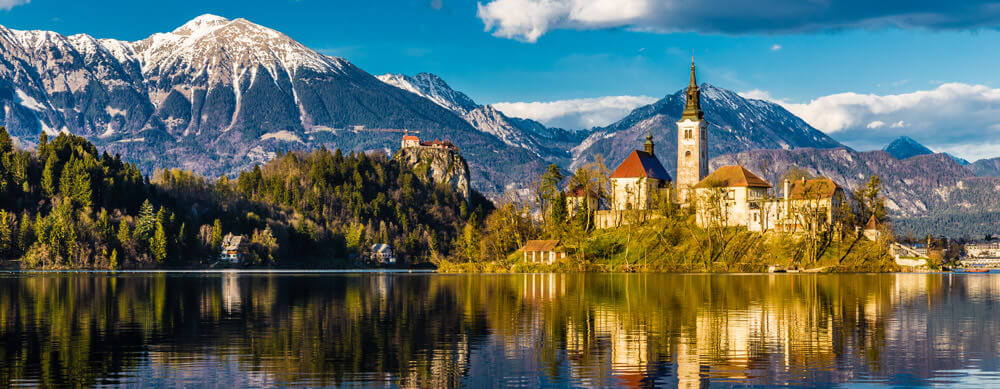
In conclusion, Slovenia is a captivating country that offers a blend of natural beauty, rich history, and a thriving economy. Its commitment to sustainable development, education, and innovation further enhances its appeal. Whether exploring its breathtaking landscapes, immersing oneself in its vibrant culture, or experiencing its warm hospitality, Slovenia has much to offer to both locals and visitors alike.